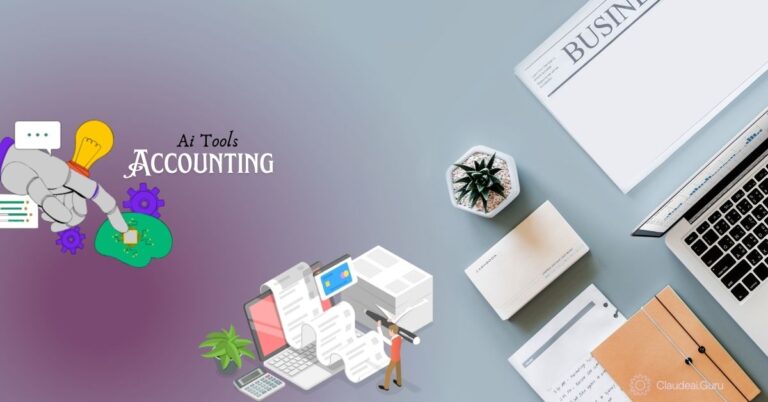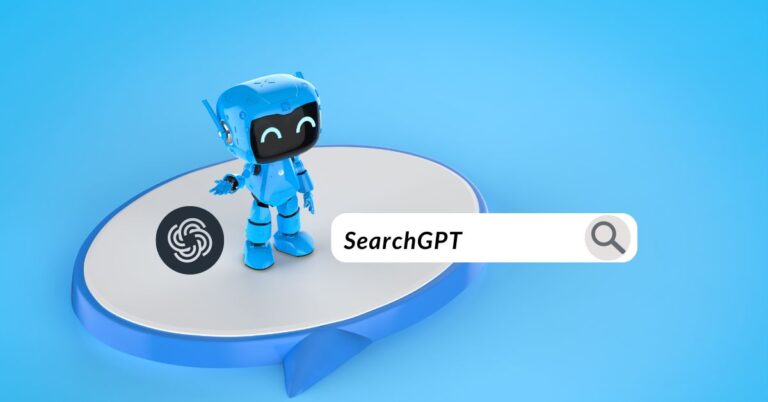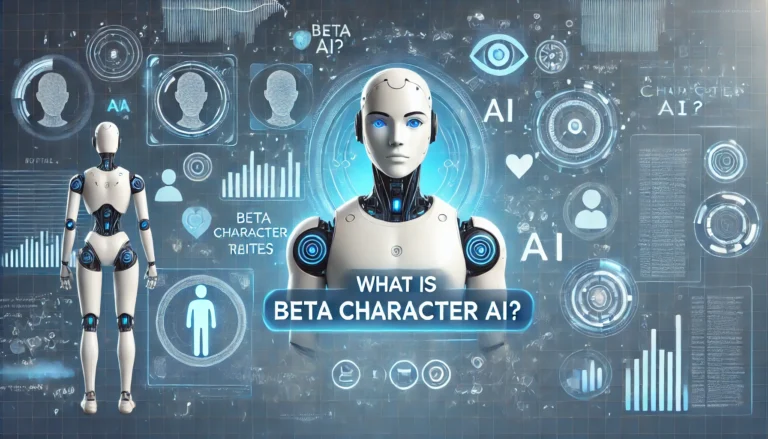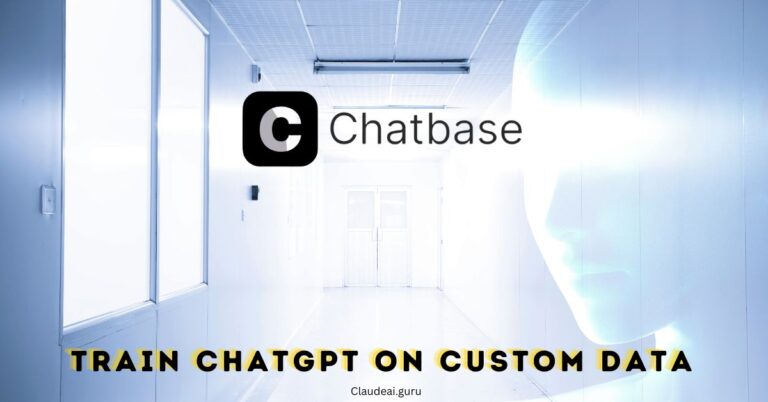Integrating Blockchain Technology with Alaya AI: A New Era of Data Security and Transparency
In today’s world, technology is evolving at an incredible speed. Artificial intelligence (AI) and blockchain technology are two of the most exciting developments. Combined, they create powerful solutions that can transform industries and improve how we handle data, security, and decision-making. One of the key platforms leading this integration is Alaya A.
In this article, we will explore how blockchain technology is being integrated with Alaya AI, the role of NFTs in this ecosystem, and the future of AI and blockchain working together.
What is Blockchain Technology?
Before diving into the integration, let’s first understand what blockchain is. Simply put, blockchain is a type of database, but it’s much more advanced than the traditional databases we’re used to. Instead of having one central place to store data, blockchain keeps records in a decentralized way. Data is stored across many computers (called nodes), making it more secure and harder to alter.
Every transaction made on a blockchain is recorded in a block, and each block is connected to the one before it, forming a chain. This ensures that the information is permanent and can’t be easily changed, adding trust and transparency. Blockchains are commonly used in cryptocurrencies like Bitcoin, but their applications go far beyond just digital money.
The Role of Blockchain in AI
AI is excellent at handling large amounts of data, learning from it, and making decisions based on patterns it identifies. However, one of AI’s challenges is ensuring its data’s security and transparency. This is where blockchain comes into play. By integrating blockchain with AI, we can create a more trustworthy system where data is secure and verifiable by anyone who needs to check its validity.
In the case of Alaya AI, blockchain technology helps secure the data that the AI processes and uses for decision-making. This allows Alaya AI to operate with a high level of integrity and accountability. Furthermore, the decentralized nature of blockchain prevents any single party from controlling or altering the AI’s data, ensuring that the system remains fair and transparent.
NFTs and Their Role in Alaya AI
Another fascinating aspect of blockchain is the rise of Non-Fungible Tokens (NFTs). NFTs are digital assets that represent ownership of a unique item or piece of content, and they are stored on a blockchain. NFTs are unique, unlike cryptocurrencies, which are fungible (meaning one Bitcoin is the same as another). They can represent anything from artwork to digital collectibles, and their value is determined by their uniqueness and the demand for them.
In the context of Alaya AI, NFTs manage digital assets and intellectual property. For example, in industries like art, music, or even software development, NFTs can be used to ensure that the creator retains ownership of their work, even when it is shared or sold online. Alaya AI can help manage these digital assets by using its advanced algorithms to track and verify the ownership and authenticity of NFTs on the blockchain.
This combination of AI and NFTs opens up new possibilities for content creators and businesses. With the help of Alaya AI, NFTs can be managed more efficiently, ensuring that creators are rewarded fairly for their work while maintaining transparency for buyers.
Also Read: The Role of Machine Learning in Alaya AI
How AI and Blockchain Integration Works in Alaya AI
Now that we understand the individual roles of blockchain, NFTs, and AI, let’s look at how they work together in Alaya AI. The integration of these technologies allows Alaya AI to handle complex data management tasks while ensuring data integrity, security, and transparency.
- Smart Contracts: Blockchain also enables the use of smart contracts—self-executing contracts with the terms directly written into code. Alaya AI can leverage smart contracts to automate processes, ensuring that transactions (such as the sale of an NFT or data exchange) happen automatically when certain conditions are met.
- Data Security: One of the biggest benefits of blockchain is its ability to store data securely. When integrated with Alaya AI, blockchain ensures the AI processes’ data cannot be tampered with. This makes the system much more reliable and secure.
- Transparency and Accountability: Blockchain technology allows anyone accessing the network to verify the data used. This adds a layer of transparency to AI operations. In Alaya AI, this means that the decisions made by the AI can be traced back to the source data, providing accountability.
- Decentralization: Instead of relying on a single server or database, Alaya AI’s blockchain integration allows data to be stored and verified across multiple locations. This decentralization reduces the risk of data corruption and improves system efficiency.
- Ownership and Provenance of Digital Assets: Using NFTs, Alaya AI can track the ownership of digital assets. This is particularly useful in creative industries where intellectual property needs to be protected. With blockchain and AI working together, ownership records are securely stored, and Alaya AI can automatically verify the authenticity of digital assets.
Real-World Applications of AI and Blockchain Integration
Integrating AI and blockchain is not just theoretical—it has many real-world applications across different industries. Here are a few examples of how this combination is making an impact:
- Creative Industries: With the rise of NFTs, artists, musicians, and other creators can sell their work digitally while retaining ownership. Alaya AI can help manage these assets and ensure that creators are fairly compensated.
- Healthcare: In healthcare, data privacy is crucial. Blockchain ensures patient data is secure, while AI can analyze this data to help doctors make better decisions. They create a more efficient and secure system for managing patient information.
- Supply Chain Management: Blockchain can track products as they move through the supply chain, ensuring the data is accurate and unaltered. AI can then analyze this data to optimize the supply chain and predict any issues that might arise.
- Finance: AI can analyze large datasets to detect fraud in finance, while blockchain ensures that the financial records are secure and tamper-proof. Together, they create a more trustworthy financial system.
The Future of Alaya AI and Blockchain Integration
Integrating blockchain technology with Alaya AI is still in its early stages, but the potential is enormous. As more industries adopt blockchain and AI, we expect to see even more innovative uses of these technologies. Whether it’s improving data security, enhancing digital ownership, or making processes more transparent, the combination of blockchain and AI will continue to shape the future of technology.
In the future, we might even see Alaya AI play a key role in autonomous systems, where AI makes real-time decisions based on secure, blockchain-verified data. This could transform industries like transportation, logistics, and even law enforcement.
Conclusion
Integrating blockchain technology with Alaya AI offers many exciting possibilities. By combining blockchain’s security and transparency with AI’s intelligence, we can create more secure, transparent, and efficient systems. Whether through NFTs, data management, or smart contracts, Alaya AI is at the forefront of this technological revolution. The future of AI and blockchain looks bright, and platforms like Alaya AI are leading the way.
FAQs
The main benefit is enhanced data security and transparency. Blockchain ensures that data used by Alaya AI is secure, tamper-proof, and easily verifiable, leading to more reliable decision-making.
NFTs (Non-Fungible Tokens) allow creators to securely own and sell unique digital assets. Alaya AI can manage these NFTs, ensuring that ownership and authenticity are verified on the blockchain.
Yes, blockchain improves data privacy by securely storing data in a decentralized manner. This means that sensitive information can be protected from unauthorized access and tampering.
Many industries, including healthcare, finance, supply chain management, and creative arts, can benefit. This integration enhances security, transparency, and efficiency across various processes.






